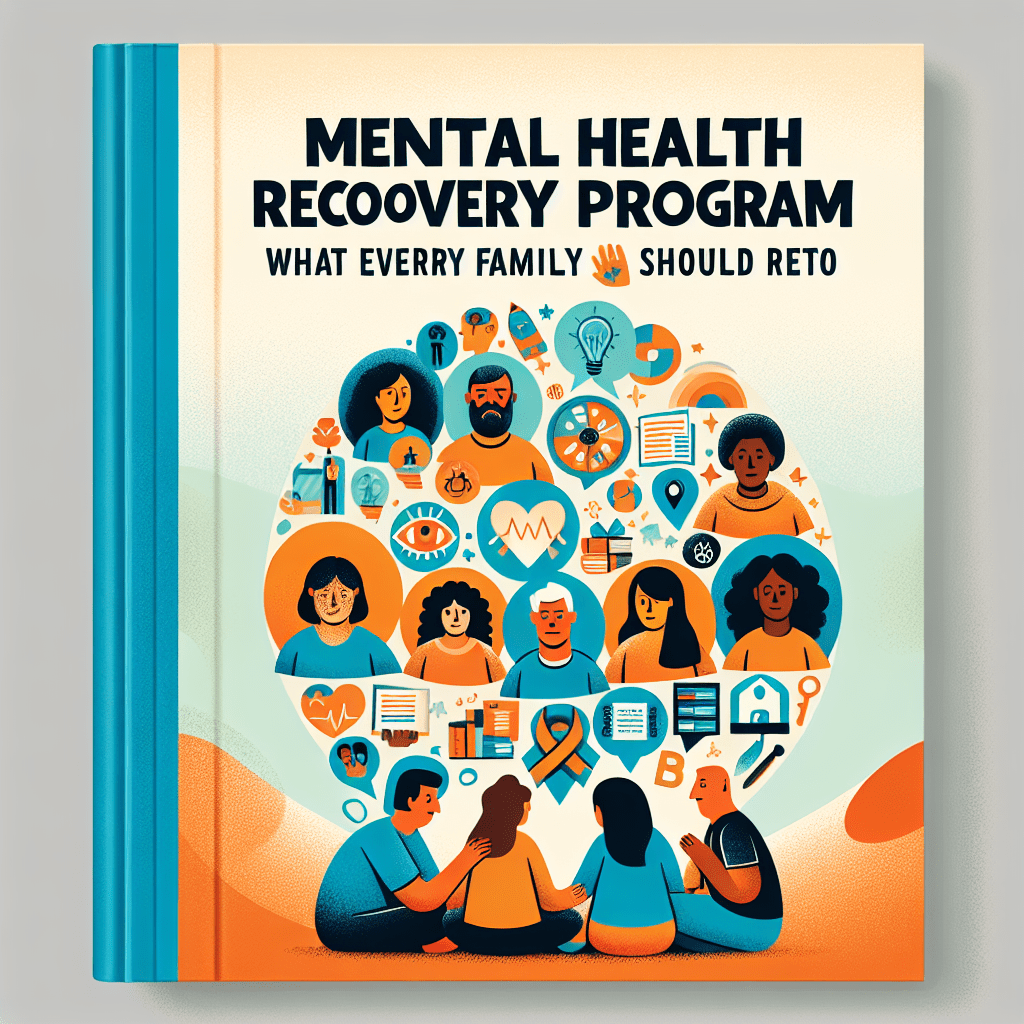Get your free Book Here

Finding Balance: Why Self-Care is Essential for Families Facing Mental Health Challenges
Families navigating the waters of mental health challenges often feel overwhelmed by the emotional weight. Balancing care for loved ones while attending to personal needs can be a battle. Self-care is not merely a luxury but a necessity. It plays a crucial role in maintaining mental clarity and emotional resilience. When families prioritize self-care, they create an environment of support that benefits everyone.
Features of Self-Care for Families
Self-care encompasses a variety of activities and practices that nourish the mind, body, and spirit. It ranges from daily routines to intentional time set aside for relaxation or activities that bring joy. Key features include:
- Mindfulness – Engaging in mindfulness practices helps foster emotional awareness and acceptance.
- Physical Activity – Exercise promotes endorphin production, creating a natural mood boost.
- Quality Time – Spending focused time with loved ones strengthens relationships and creates joyful memories.
- Healthy Eating – Nutritious meals enhance physical health and energy levels, making coping with stress easier.
- Creative Outlets – Activities like painting, writing, or crafting allow for self-expression and relief from tension.
- Rest and Sleep – Prioritizing rest enables better functioning and lowers stress levels.
- Boundaries – Setting limits on commitments helps manage energy and stress.
- Social Support – Engaging with friends and community fosters a sense of belonging and shared understanding.
- Regular Check-ins – Assessing emotions and mental health helps maintain awareness of personal needs.
- Professional Help – Seeking therapy or counseling offers guidance and tools for managing challenges.
Overview of Self-Care Importance
Self-care supports emotional fortitude by creating coping mechanisms that are essential during tough times. For families facing mental health challenges, understanding the necessity of self-care is foundational. It instills a sense of balance, clarity, and personal well-being, which, in turn, positively impacts family dynamics.
Why Self-Care Matters
Neglecting self-care can lead to burnout, resentment, and increased anxiety within the family unit. Often, caregivers prioritize the needs of others at their own expense. By focusing on self-care, family members improve their ability to support one another. When adults prioritize their well-being, they model healthy practices for children, promoting a culture of care and balance.
Who Benefits from Self-Care
Family members of all ages benefit from self-care practices. Parents can find rejuvenation through personal activities, while children can learn the importance of self-care through example. Siblings can bond over shared activities, creating spaces for connection amidst challenges. The ripple effect of prioritizing self-care influences the entire family system.
Who Will Use Self-Care Practices
Individuals facing mental health challenges themselves will find self-care crucial for their coping and recovery. Furthermore, caregivers need it just as much, if not more, to remain present and effective. Support networks, including friends and family members, can incorporate self-care into their interactions with those in need.
What Self-Care Looks Like
Self-care manifests in numerous forms, adapting to individual needs and preferences. Consider these activities:
- Scheduling regular family game nights.
- Practicing yoga or meditation together.
- Exploring nature through hiking or walking.
- Cooking healthy meals as a family effort.
- Journaling or engaging in art projects.
- Establishing a technology-free hour to connect.
- Visiting local museums or participating in community events.
- Setting a collective family goal for physical activity.
- Volunteering together to enhance social connections.
- Creating a gratitude jar to foster positivity.
Where to Practice Self-Care
Self-care can happen at home, in the community, or at designated wellness spaces. Parks, community centers, or even familiar family rooms can be turned into areas for relaxation and connection. The essence lies in intentionality—choosing a space that encourages peace and togetherness.
When to Prioritize Self-Care
Dedicate time daily, weekly, or monthly to engage in self-care activities. Recognize when stress levels rise and implement quick self-care strategies. This could be taking a five-minute break, moving to a quiet room, or practicing breathing exercises amidst chaos. Building a routine can help make self-care a natural part of life.
How to Implement Self-Care
Making self-care part of a family routine starts simply. Begin with:
- Scheduling – Block out time for family activities and individual interests.
- Creating a Self-Care Plan – Outline what activities each family member finds restorative.
- Checking in Regularly – Encourage open communication about feelings and stressors.
- Exploring Interests Together – Discover new hobbies or activities as a family to enjoy collectively.
- Adapting When Necessary – Be flexible in approaches to self-care, recognizing that needs change.
Pros and Cons of Self-Care
Self-care offers invaluable benefits but may encounter obstacles. Pros include:
- Enhanced emotional resilience.
- Stronger familial bonds.
- Improved mental and physical health.
Cons may involve:
- Time management challenges.
- Resistance from some family members.
- Initial discomfort with prioritizing personal needs.
Opinions, Examples, Comparisons
Numerous advocates champion self-care as fundamental for mental health. Families that actively incorporate self-care experience reduced stress and improved relationships. Initiatives such as family therapy or community support groups can complement personal self-care practices, fostering an additional layer of support.
FAQs
-
What types of self-care activities are best for families?
Engaging in creative activities, physical exercise, and mindfulness practices often yield the most positive responses. -
How can I motivate my family to participate in self-care?
Start small by incorporating enjoyable activities, emphasizing fun and relaxation over obligation. -
What if family members resist self-care?
Respect their feelings and focus on understanding their perspectives. Lead by example and create a low-pressure environment. -
How often should we practice self-care as a family?
Aim for daily activities, but also include larger, dedicated self-care days or weekends, based on availability. - Can self-care truly improve mental health?
Yes, regular engagement in self-care boosts emotional well-being and enhances coping mechanisms during challenging times.
Instantly Access Your FREE Children’s Books Here!
Disclaimer: As an Amazon Associate, I earn from qualifying purchases. I may earn a commission from qualifying purchases as an affiliate. Please note that I only recommend products I believe will provide value to my readers.







